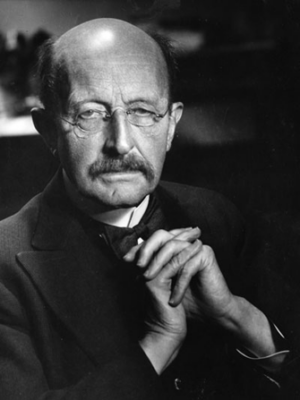
Max Planck (1858–1947): Max Planck was a German theoretical physicist who made contributions to the understanding of atomic and subatomic processes. Born in the late 19th century, Planck is best known for originating quantum theory which reshaped our understanding of the atomic and subatomic world. His creative work began with an attempt to solve the black-body radiation problem. To reconcile experimental observations with theory, Planck proposed that energy was emitted in discrete units rather than in a continuous wave. This led to the formulation of Planck’s constant which is a central quantity in quantum mechanics. For his work on quantum theory, he was awarded the Nobel Prize in Physics in 1918 which marked a significant departure from classical physics and brought in a new era in the field of theoretical physics.